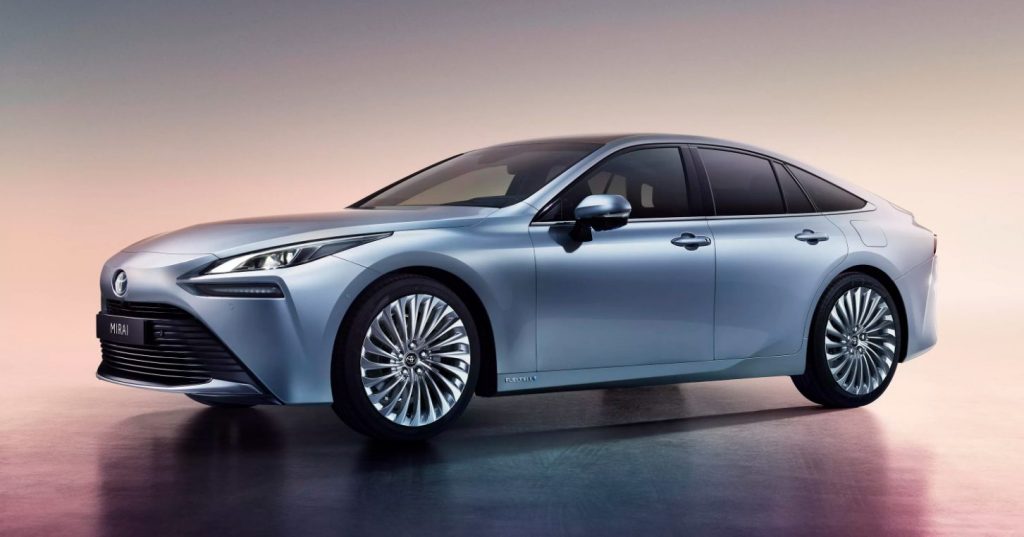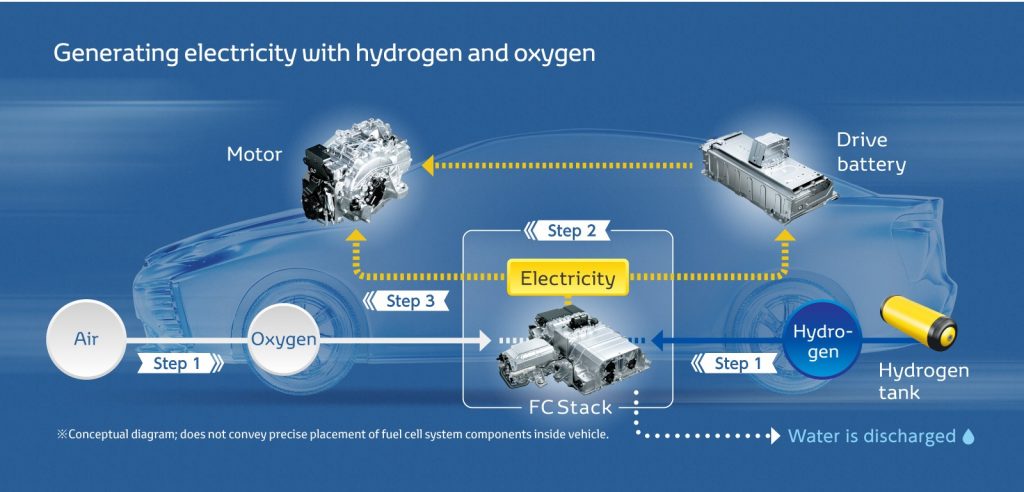
Although I’m definitely a fan of electric vehicles, agree they are better for the environment, and having driven various models to know they can certainly perform, but I still believe we can do better.
There is the argument that we have to produce the bulk of the electricity somehow to power them, and unless it’s pure solar there will be emissions involved in that process; there are discussions regarding the batteries – what is their life span, how are they manufactured and ultimately can they be recycled or disposed of safely, so consequently I’m very much a believer that we should be actively pursuing the Hydrogen Fuel-cell, which I stated in this Famous Last Words 2019 article:
Famous Last Words September 2019
Toyota are certainly advocates for the fuel-cell concept of utilising hydrogen to generate electricity and cut emissions, continually stating its advantages over battery packs, especially for heavy-duty vehicles. In fact, according to some reports, the Toyota LandCruiser 300 Series due for launch in 2021 could include an electrified hydrogen fuel-cell drivetrain and they have committed globally to adding electrified versions of their entire line-up by 2025, either in the forms of hybrid, plug-in hybrid, battery-electric or hydrogen fuel-cell (FCEV).

Toyota Australia hopes to have hydrogen fuel-cell vehicles on sale via dealers to the general public within two to three years if the refuelling infrastructure expands enough to permit it and to that point, they recently commissioned Victoria’s first Hydrogen production and Re-fuelling facility as this article outlines:
Victoria’s first Toyota Hydrogen Production and Re-fuelling Facility
What I find exciting about all this, is that Toyota is throwing caution to the wind and snubbing the old argument of not having the re-fuelling infrastructure to justify the investment. There are so many positives to Hydrogen, it has zero emission, offers refueling time equivalent to petrol and diesel fossil fuels with an equivalent range, and the fuel-cell system avoids the enormous weight penalty imposed by battery packs which in turn improves performance.
Only last month, Toyota Australia boldly launched the second generation of their Hydrogen Fuel-cell vehicle the Mirai FCEV, whereby twenty of the Camry-sized sedans are being made available to primarily business rather than private buyers at a cost of $63,000 over a three-year lease.
The Mirai is an amazing vehicle and follow this link if you’d like to learn more about it.
With a fear of sounding like a broken record, I believe Hydrogen Fuel-cells are the real way of the future and hope that Toyota have enormous success with the Mirai.
